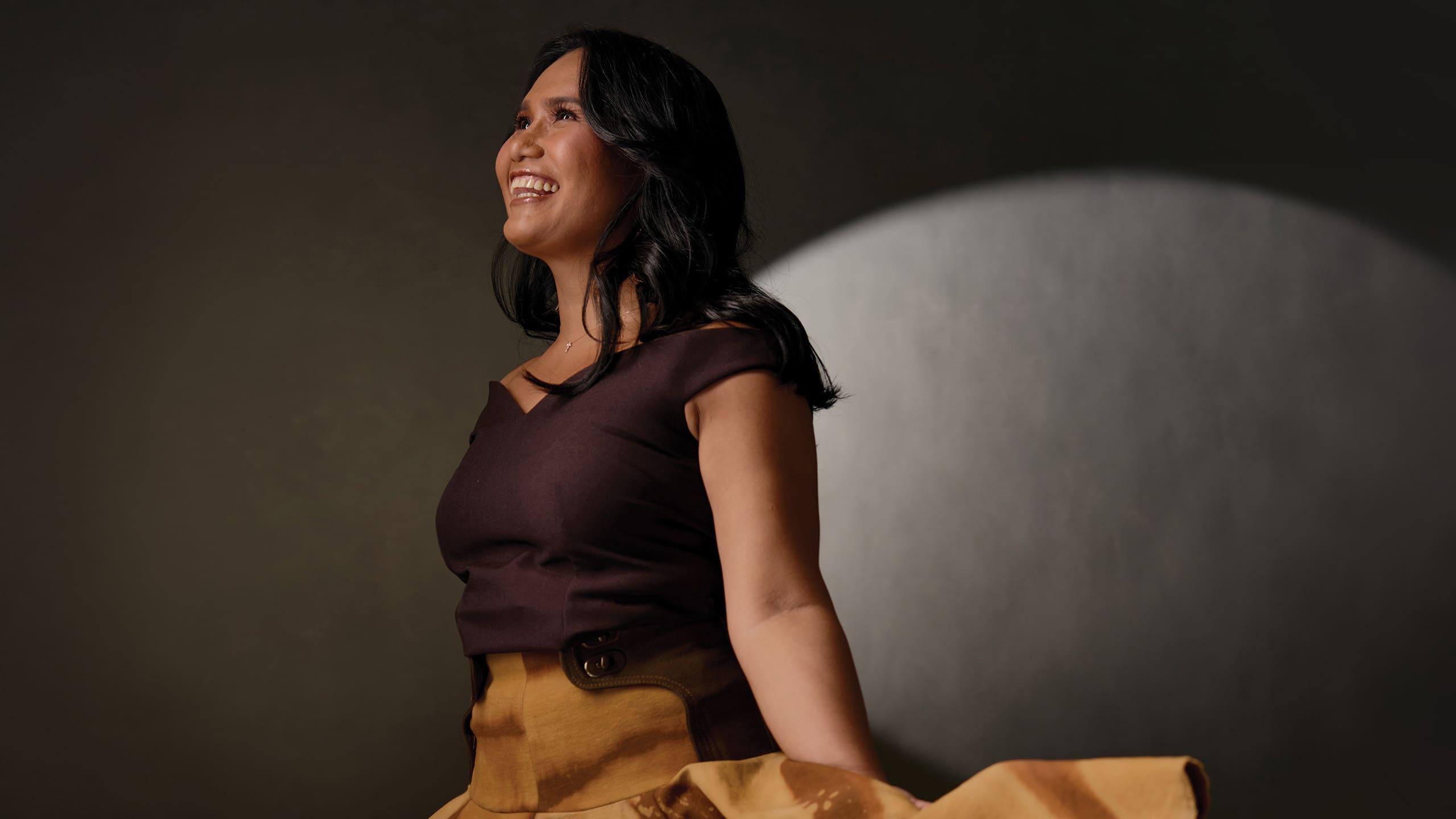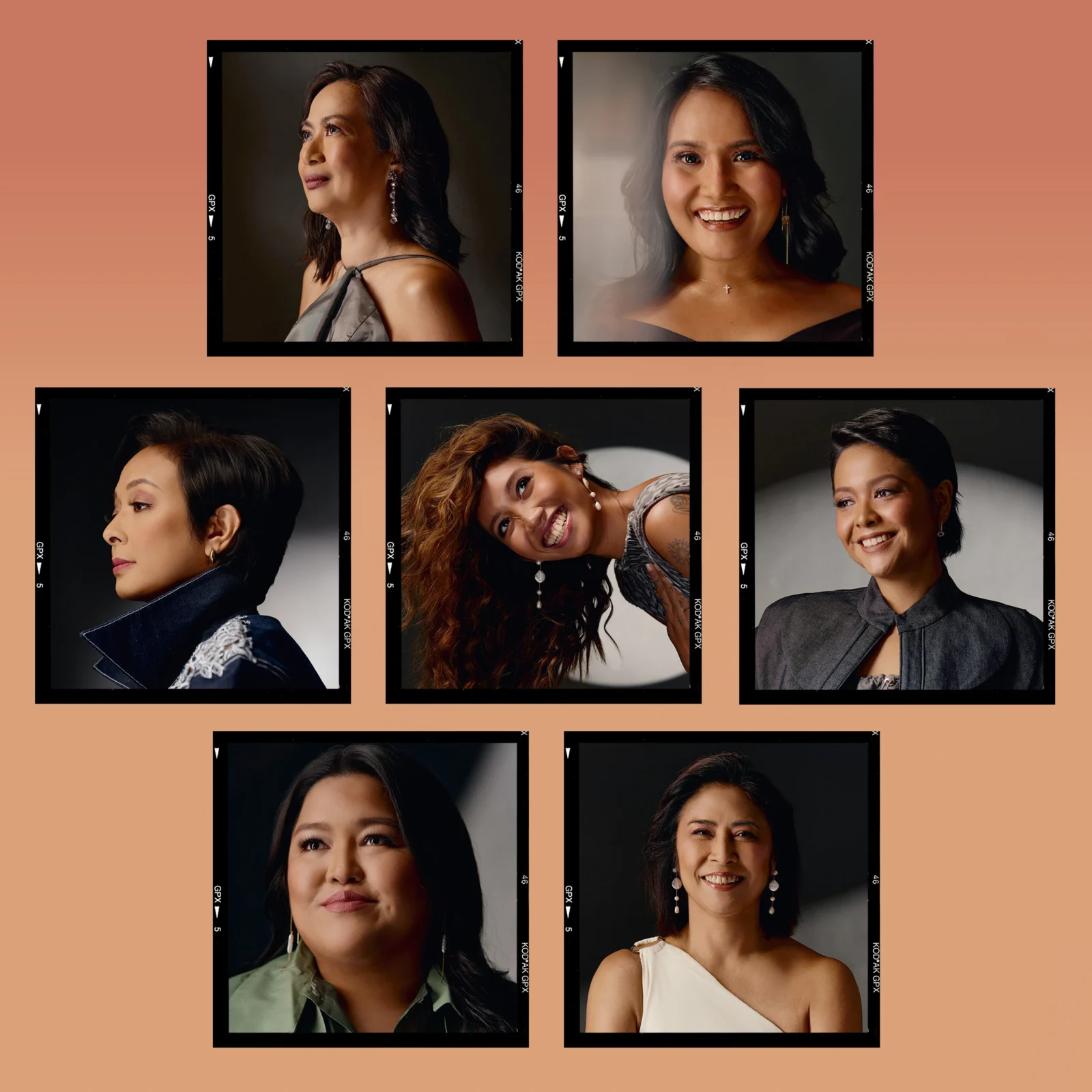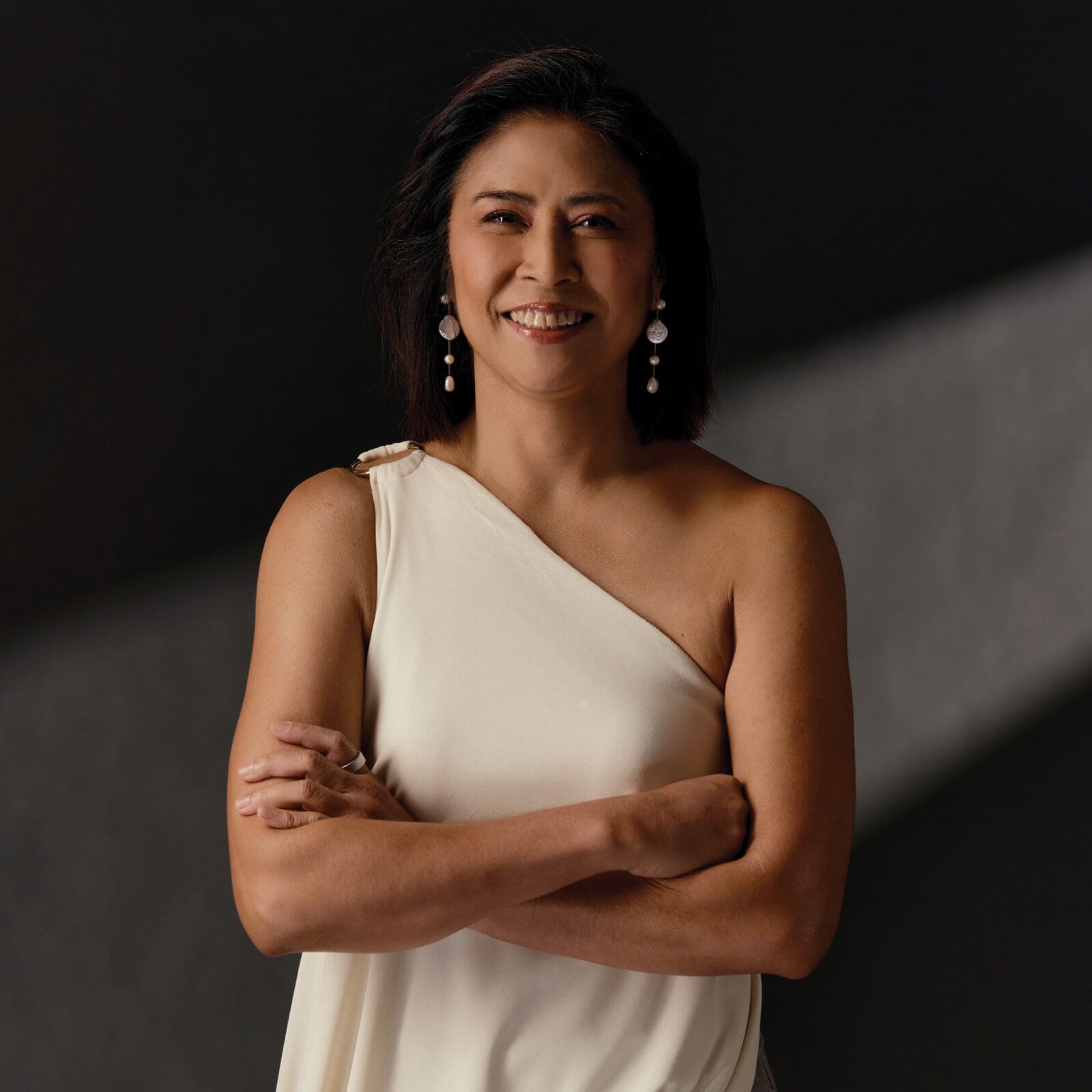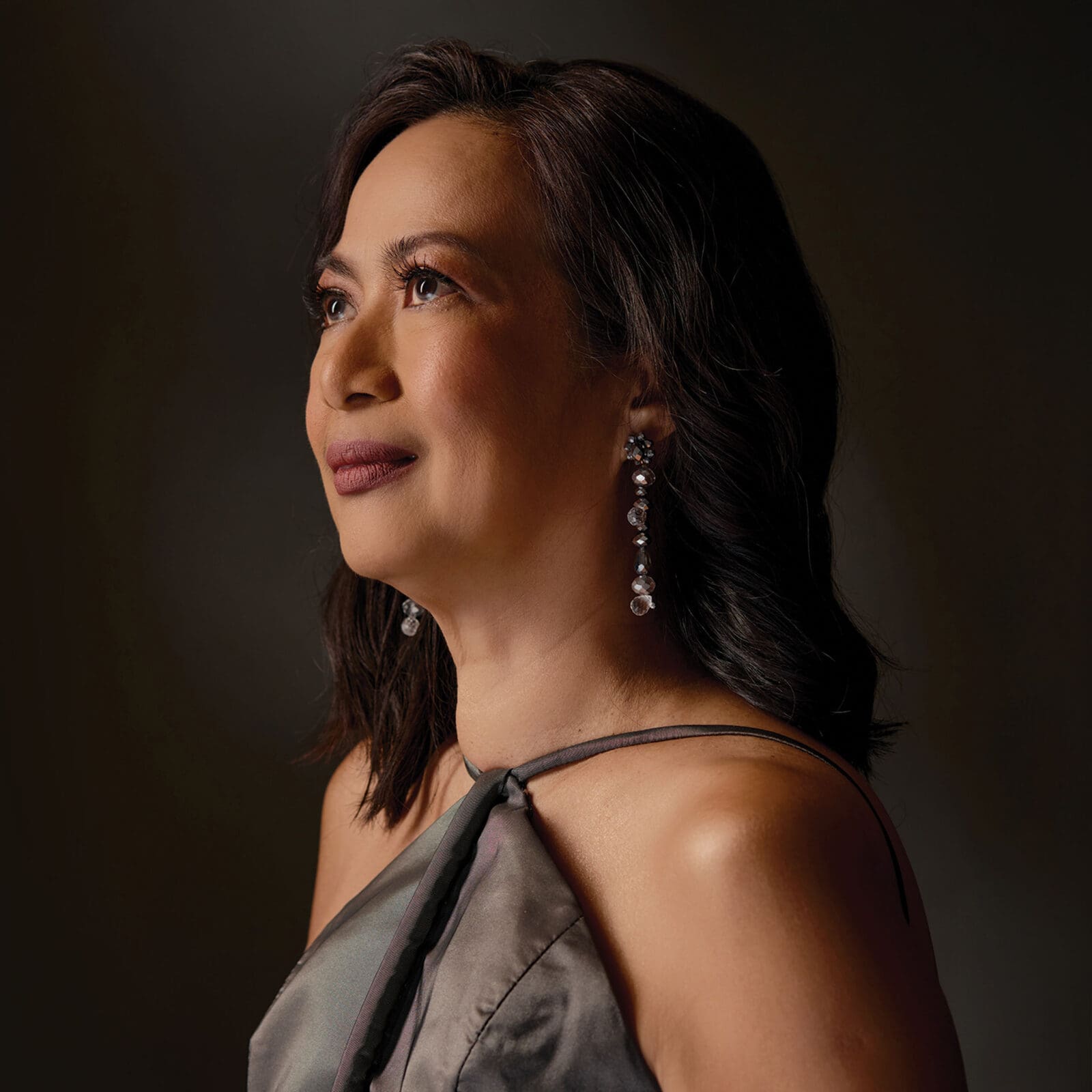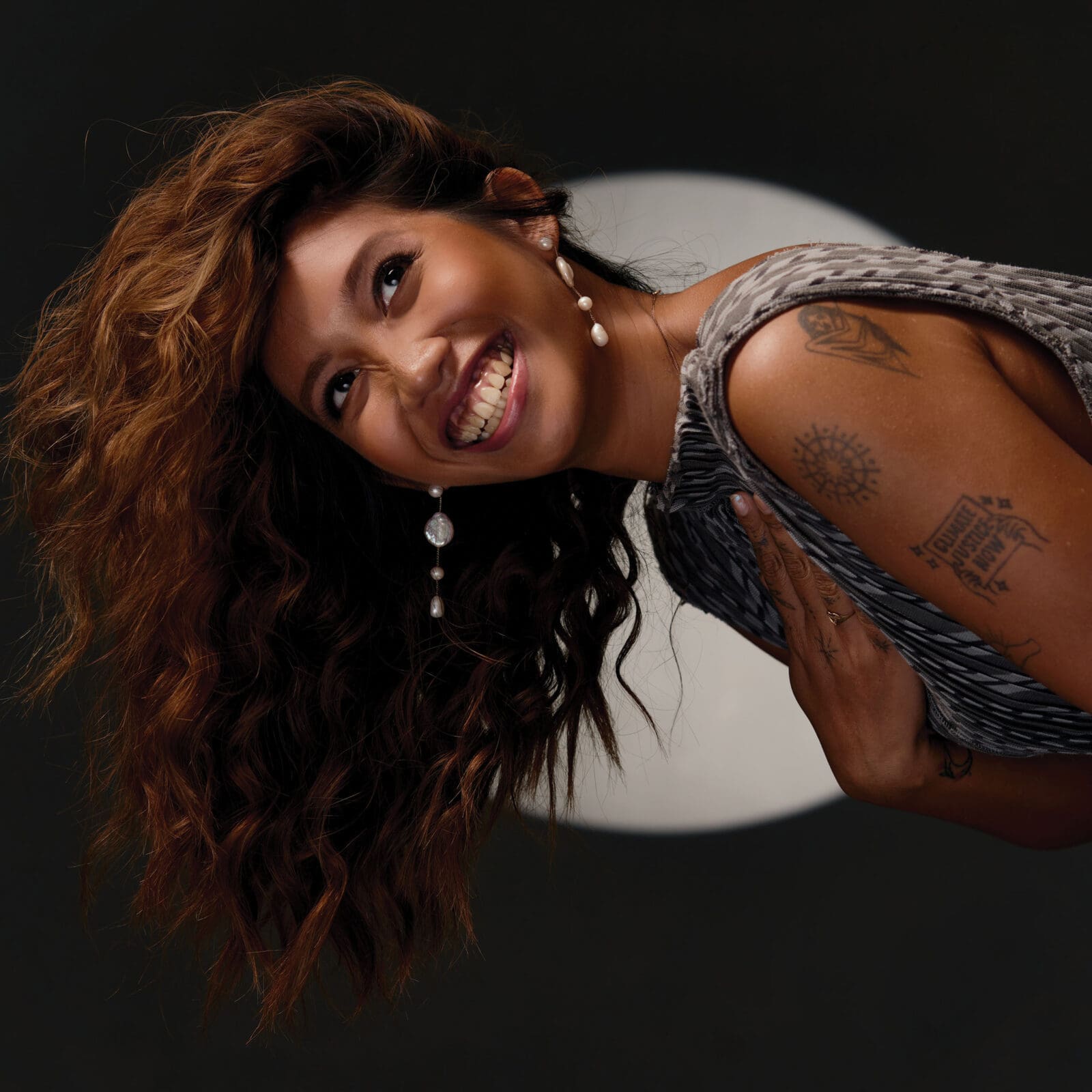Cherrie Atilano: Transforming Philippine Agriculture and Nutrition on a Global Scale
The AGREA founder and UN ambassador is transforming agriculture in the Philippines and beyond—challenging beauty standards, gender norms, and food insecurity along the way.
Photography by Artu Nepomuceno
Cherrie Atilano’s story is one of defiance honed by the soil of the Philippines itself. The narrative of the AGREA founder and UN ambassador’s life begins on the expanse of a sugarcane farm, where, as a child, she witnessed the deeply-ingrained inequities of the agricultural system. The harsh realities of farm labor became evident to her at a young age, as the seasonal sakada laborers worked under excruciating conditions, often exploited by a system that seemed indifferent to their suffering. By 15, Atilano had made a vow: to not consume sugar, linking it with the exploitation of her people.
After stumbling across a book that revealed how lower-income families spend the majority of their income on rice and the remainder on ulam, 12-year-old Atilano was struck by the inefficiencies of a food system that forced families to allocate most of their resources to the staples of their diet. This realization planted the seed for radical change: that households should supplement their store-bought meat ulam with other crops—practical, sustainable, and capable of feeding entire families.
In subsequent years, Atilano worked as a consultant under the Department of Agrarian Reform, putting together 241 cooperatives of smallholder farmers in the country. Now, with over 19 years of experience in sustainable food systems, the AGREA founder is advocating for a larger youth presence in agriculture and agri-technology.
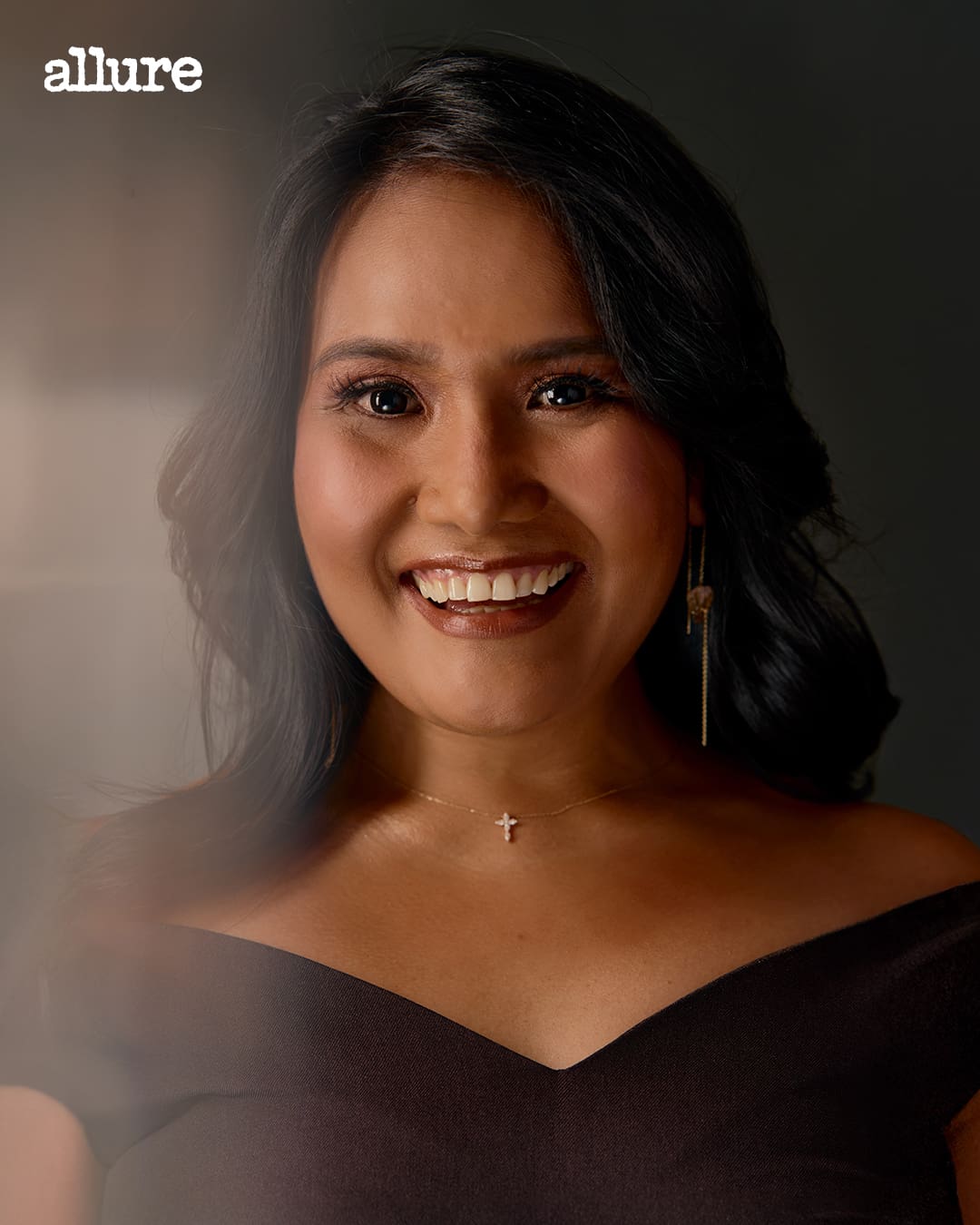
Apara Studio top. Burlô by Vestido earrings. Photo: Artu Nepomuceno.
“Globally, every time you’re in the room, you make the room a little bit more balanced.”
Yet, for all the ideals that drove her, Atilano’s path was not without its personal struggles. Growing up in a country that equates fairness with beauty, she struggled with her morena skin. “I was told I wasn’t beautiful because I wasn’t fair,” she says, echoing a sentiment that many morenas share. Growing up, she was encouraged by many to try whitening products, but now she sees herself as “perfectly cooked,” sharing how being morena boosted her confidence. “Globally, every time you’re in the room, you make the room a little bit more balanced,” she says. She believes being morena is an achievement in itself.
Atilano came to embrace her identity, seeing her skin not as something to hide but as something to be celebrated. “I feel like being morena boosted my confidence a lot,” she notes. “Your color is unique: not a lot of people have that color, but a lot of people want it.”
As a young woman in the male-dominated world of agriculture, Atilano’s presence was often treated as a curiosity, an anomaly. Feeling tokenized when she was first starting out, Atilano shared that she was given a platform not only because she was a woman, but because she was young—something rarely seen in agriculture. But to her, it’s less about being tokenized, and more about overcoming that feeling and what you make of that attention. “At the end of the day, when you know you can contribute to something bigger, and you know that what you’re doing can be backed up by tangible work, people will always listen to you. There’s no gender in making change [happen]. Food has no gender. Malnutrition has no gender. So when I approach it, I remember that this cause I’m advocating for has no gender. Don’t be there as a woman—be there as a human being.”
Photographer: Artu Nepomuceno
Makeup: Don de Jesus
Hair: Eddie Mar Cabiltes
Stylist: Steven Coralde of Qurator, assisted by Jia Torrato, Charlotte Sombillo, and Jermainne Lagura
You might also like
To provide a customized ad experience, we need to know if you are of legal age in your region.
By making a selection, you agree to our Terms & Conditions.
